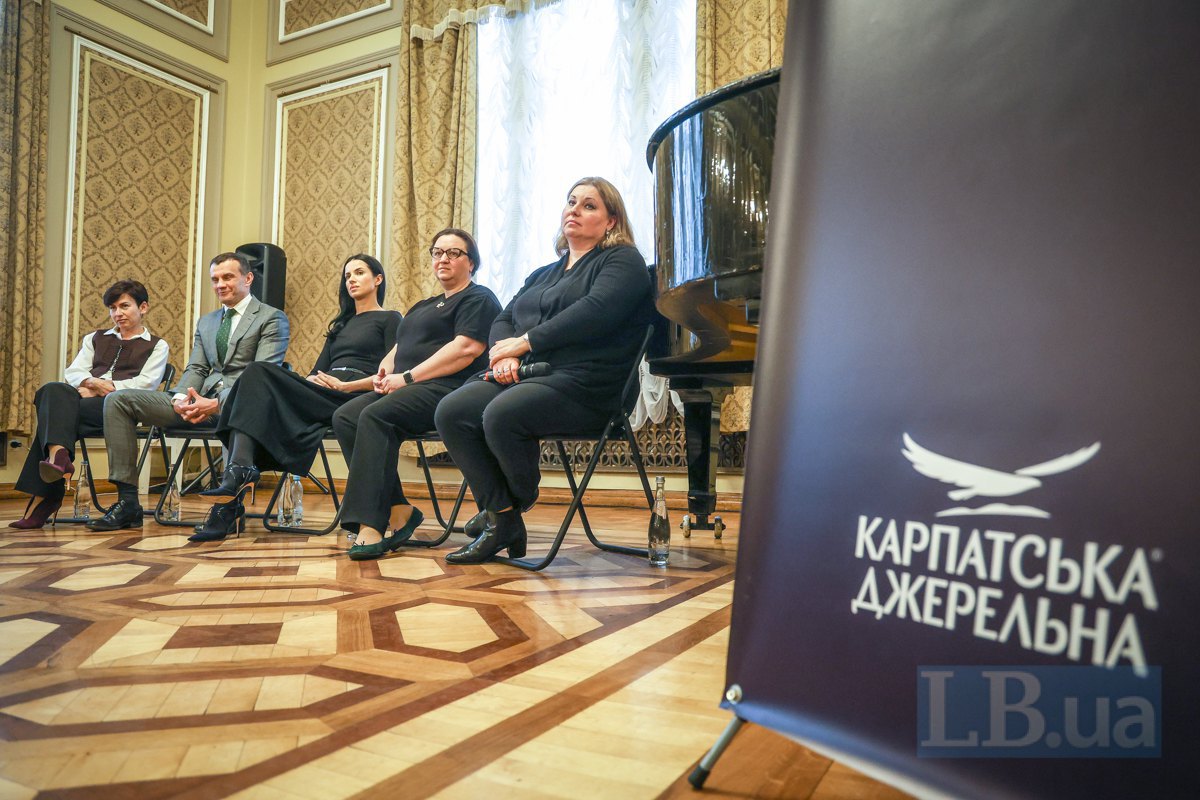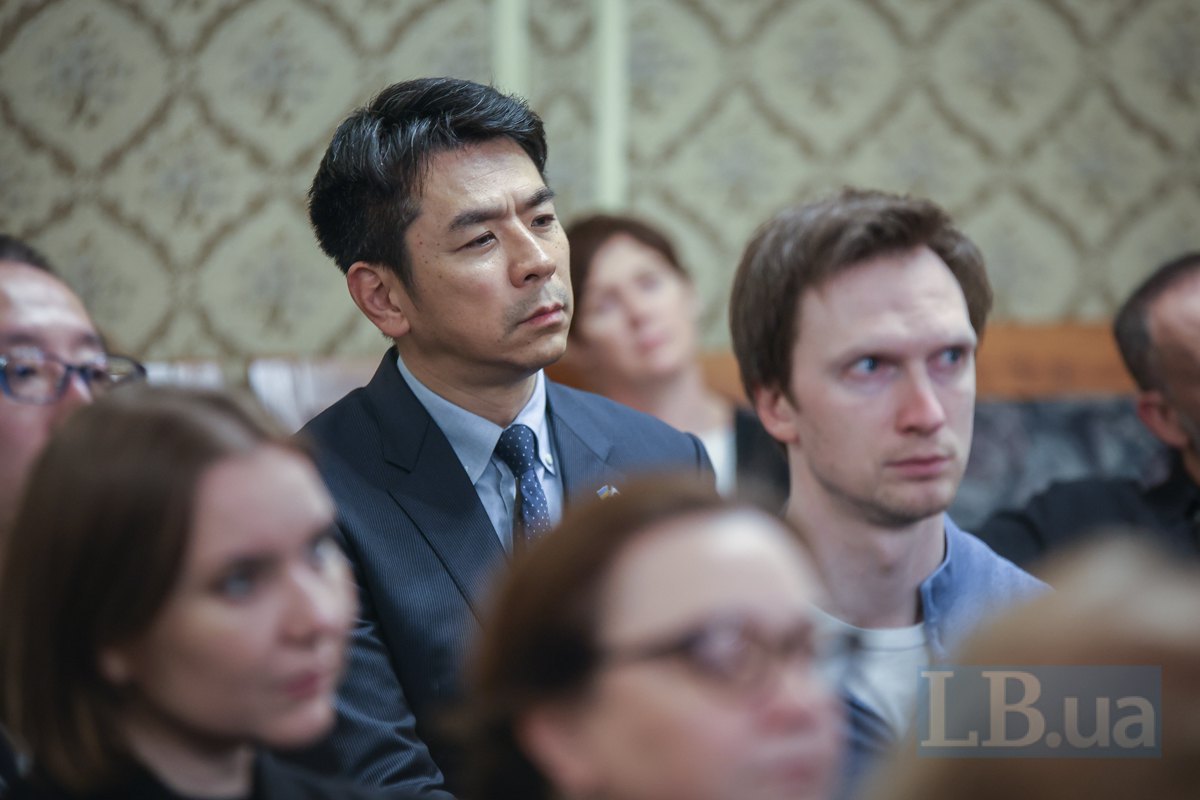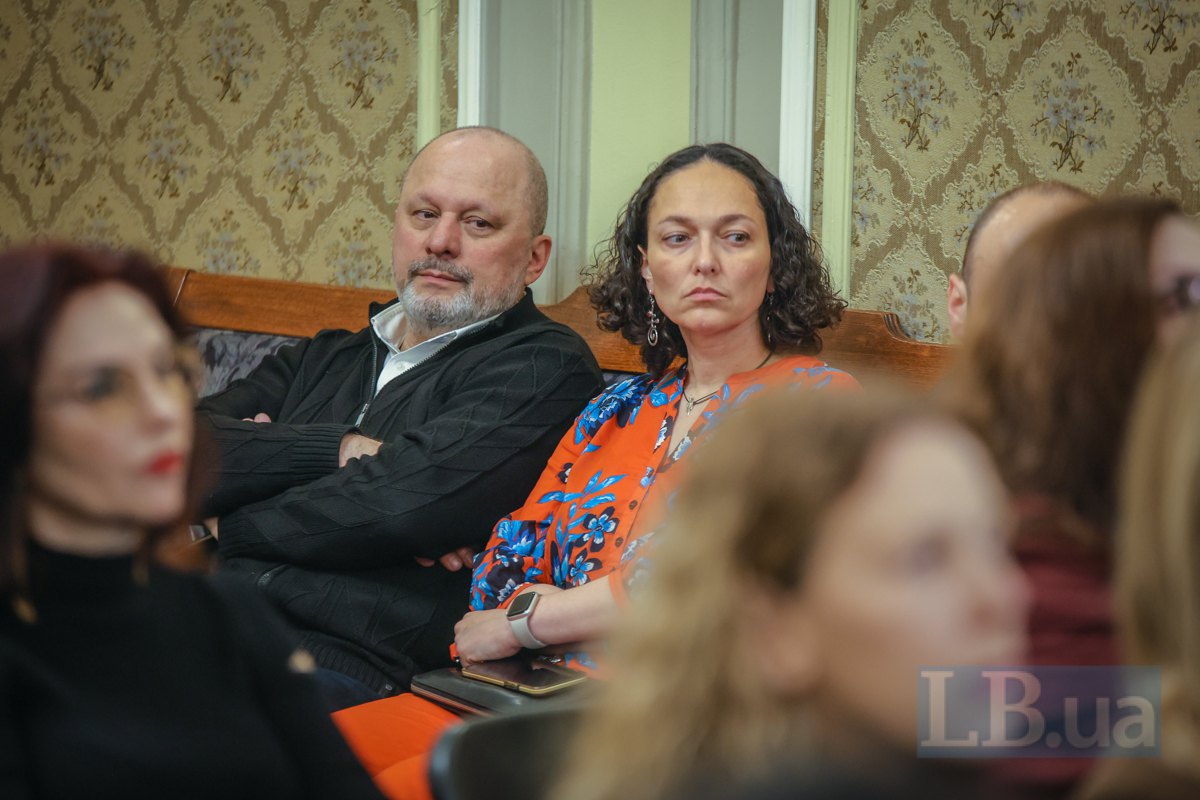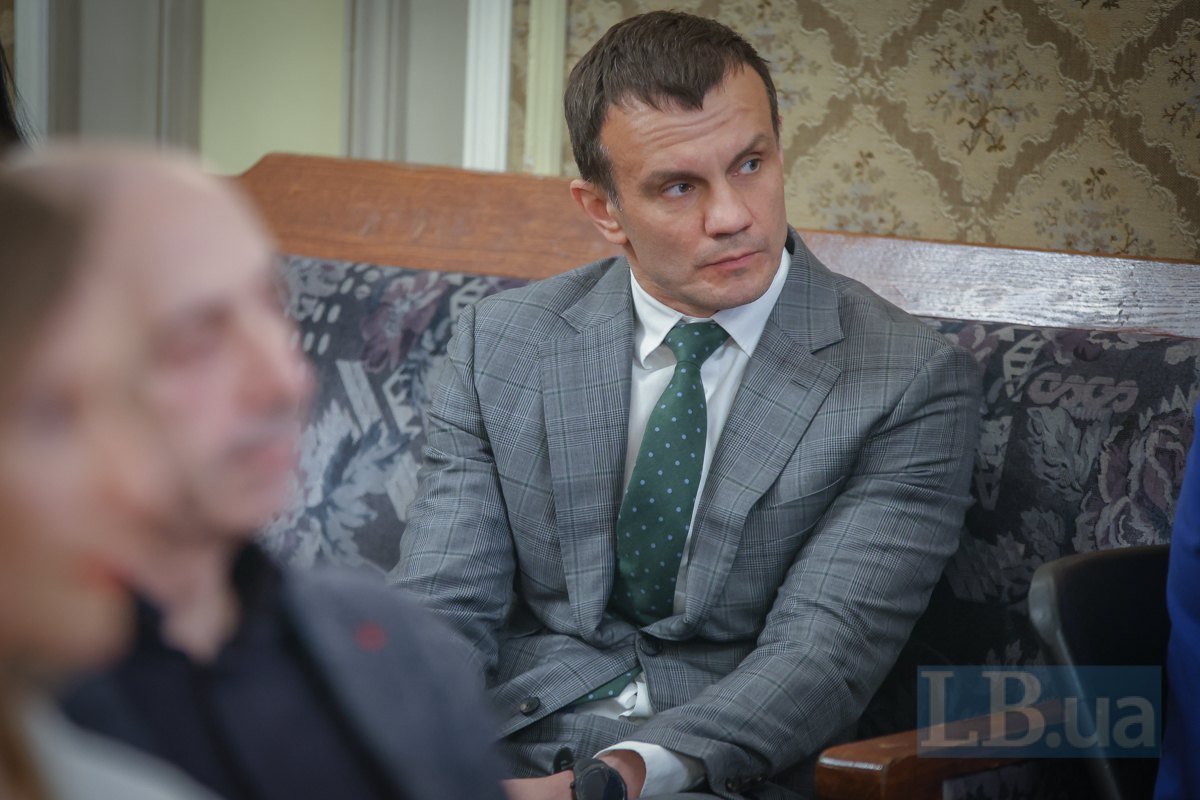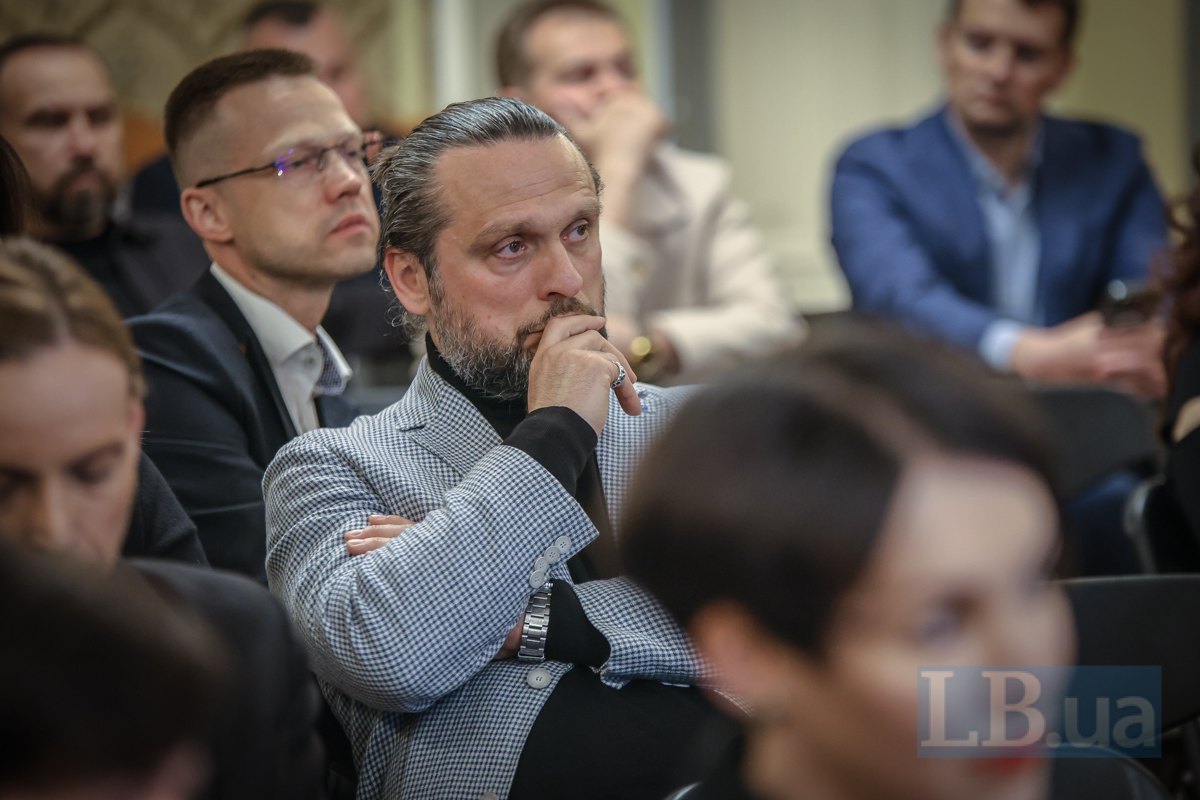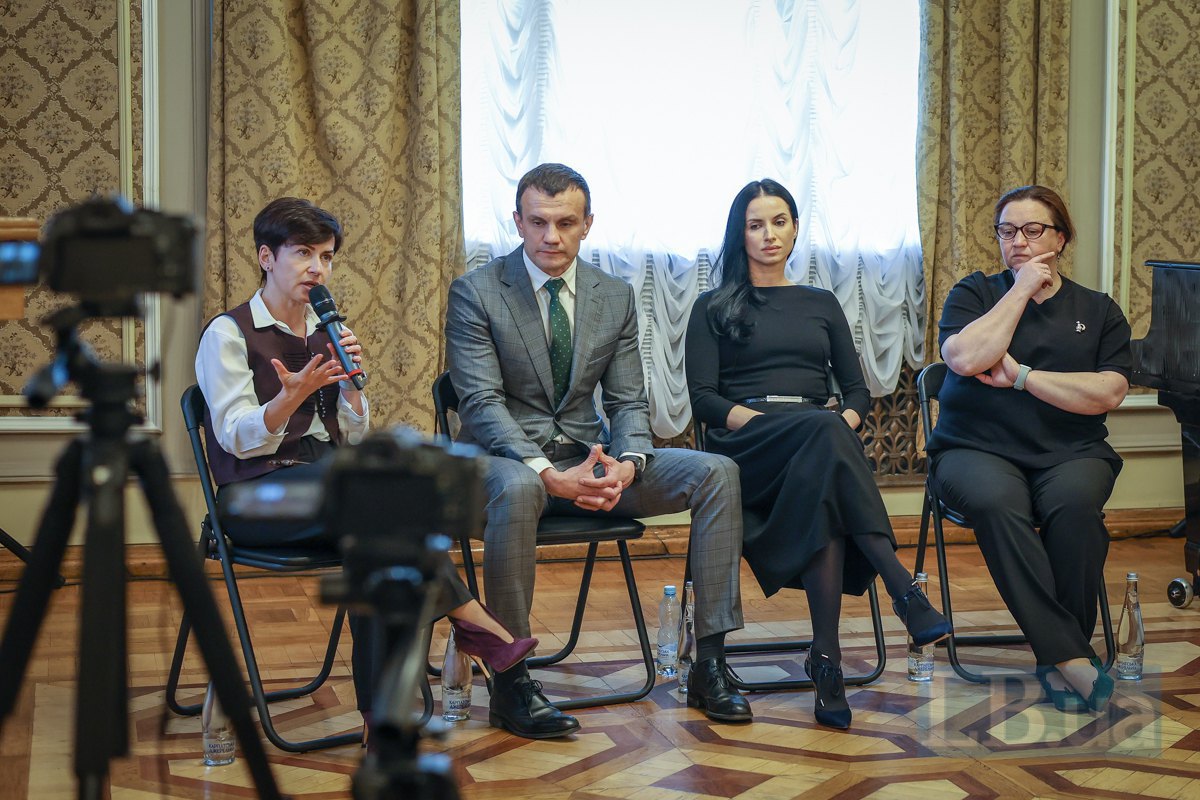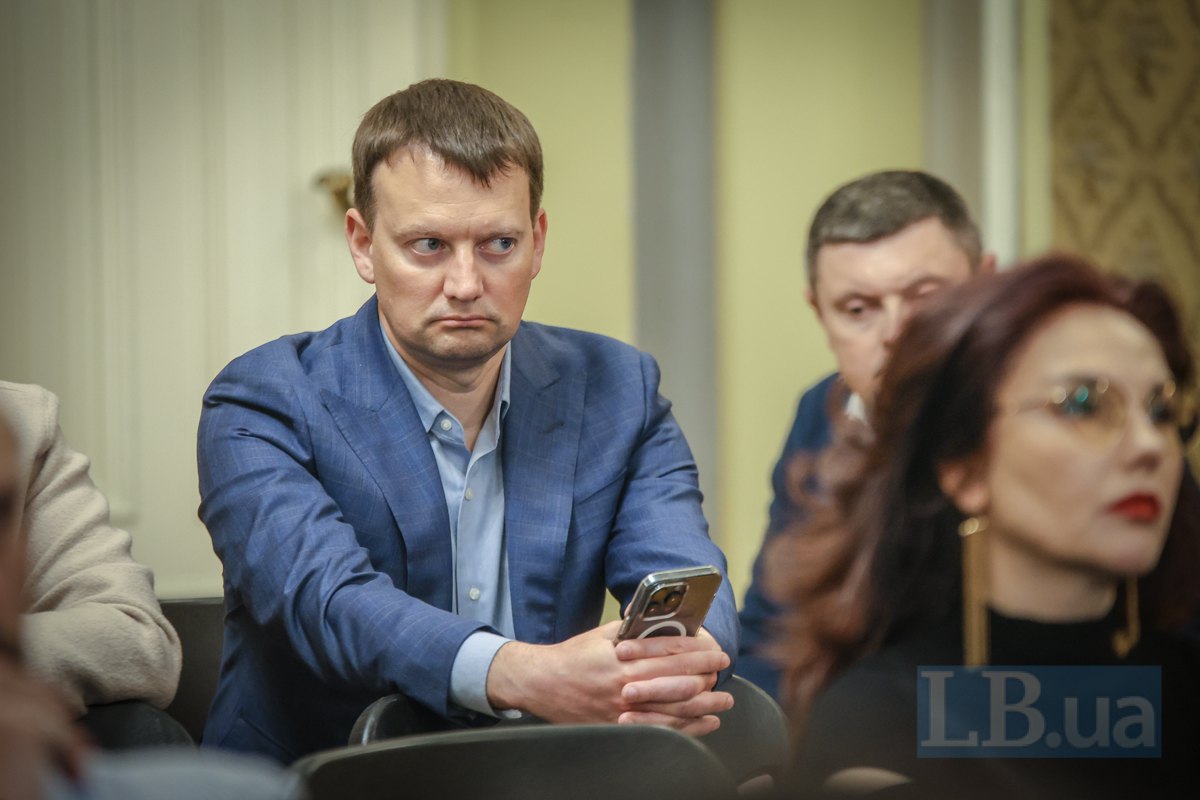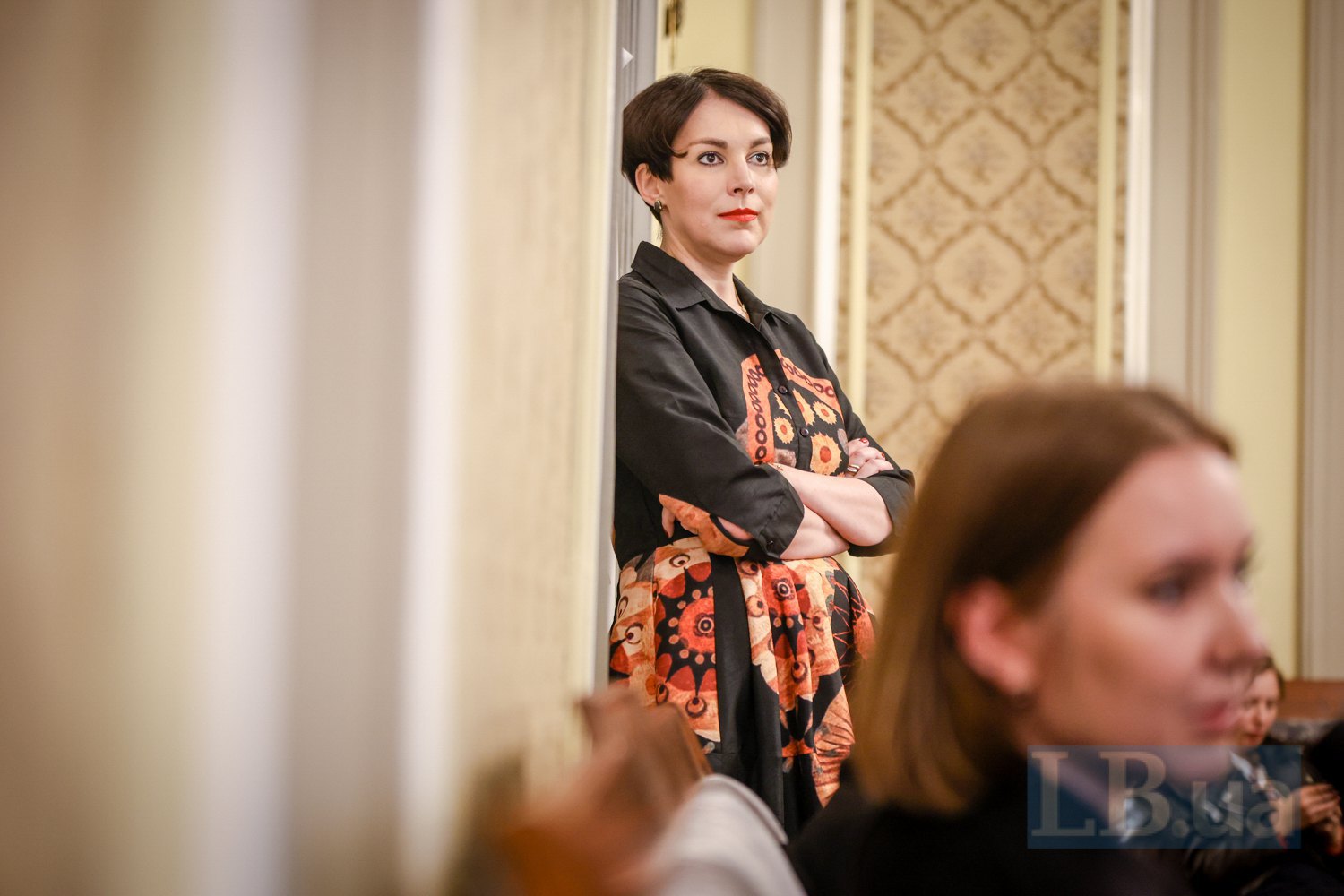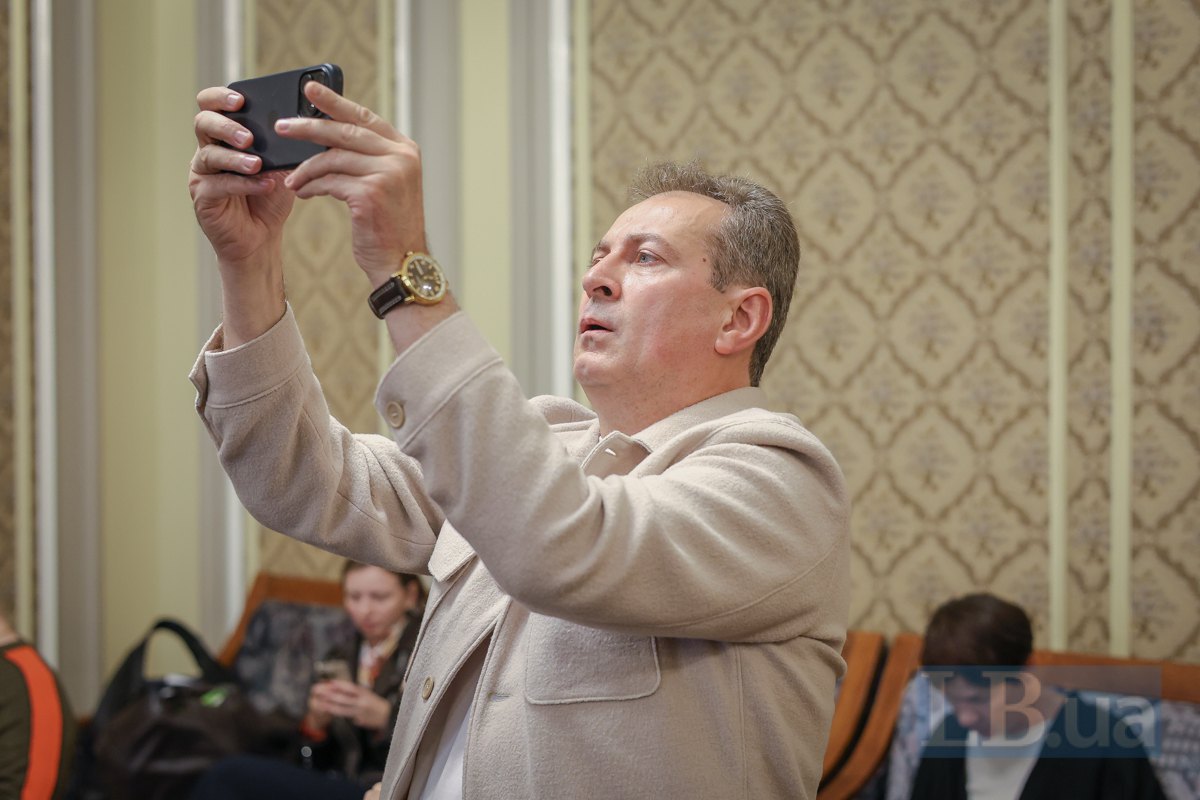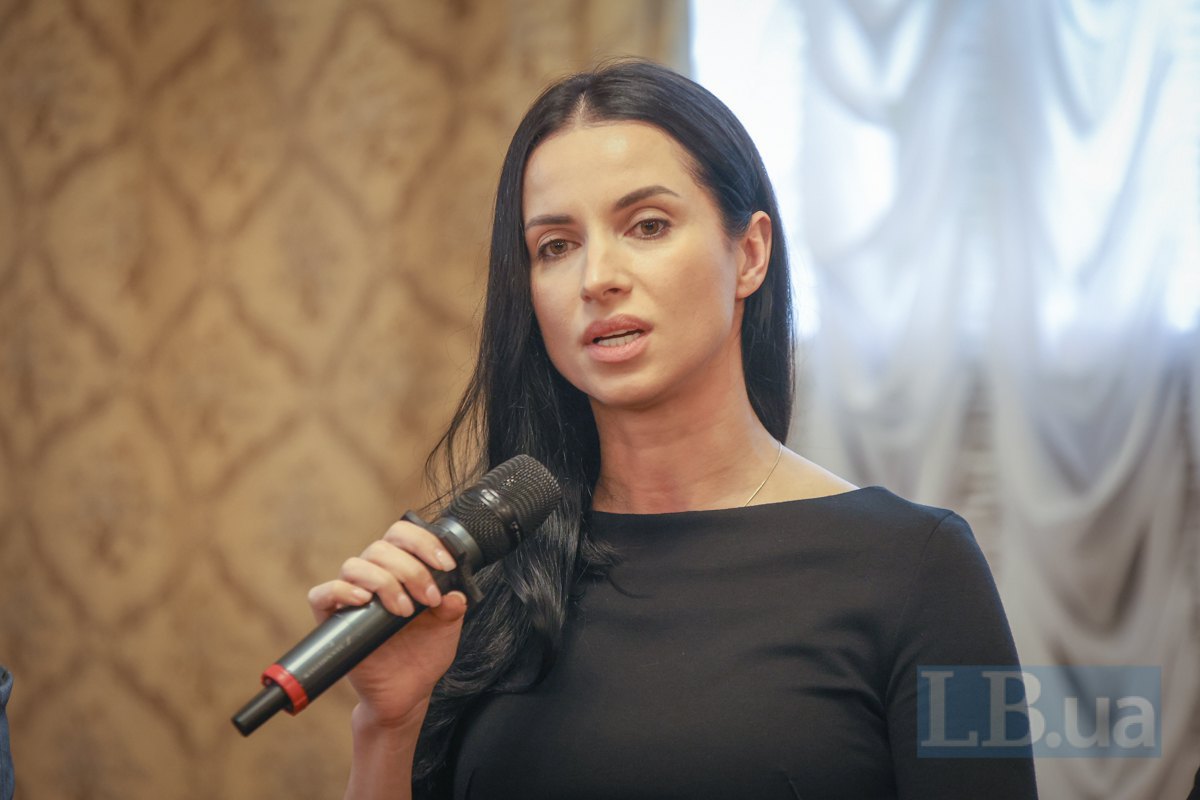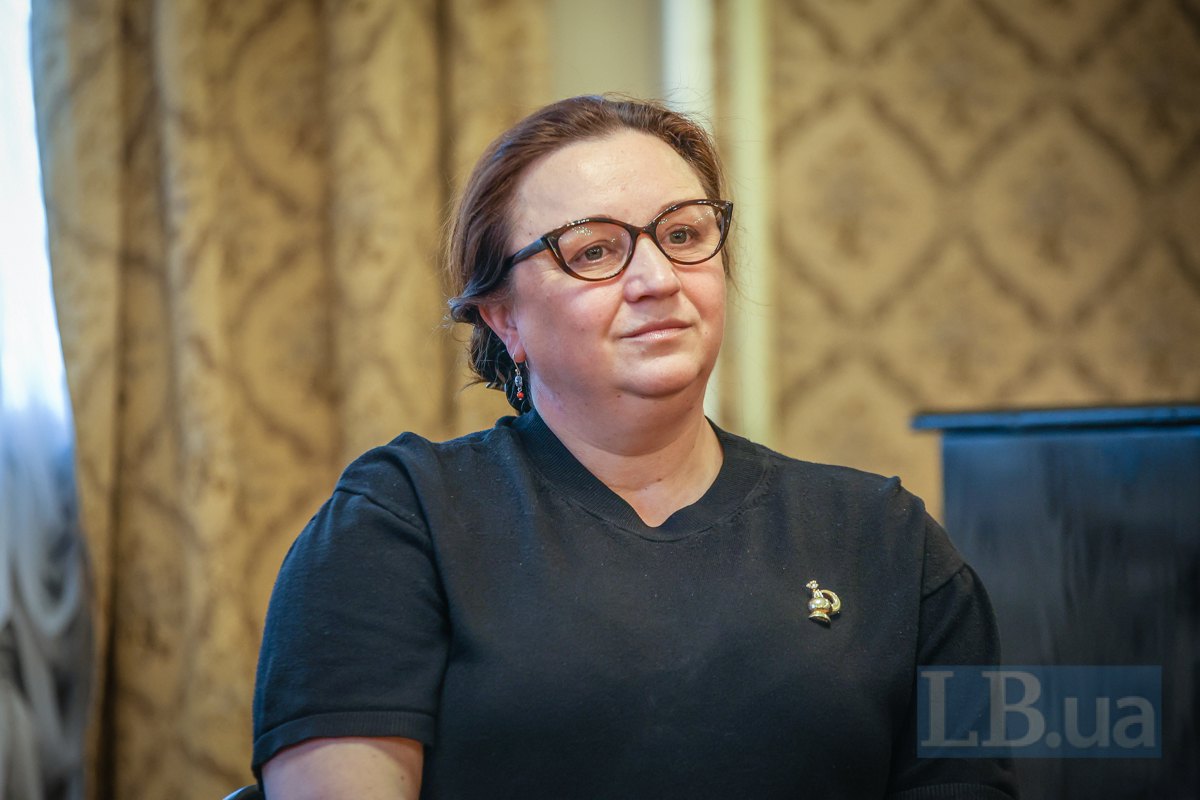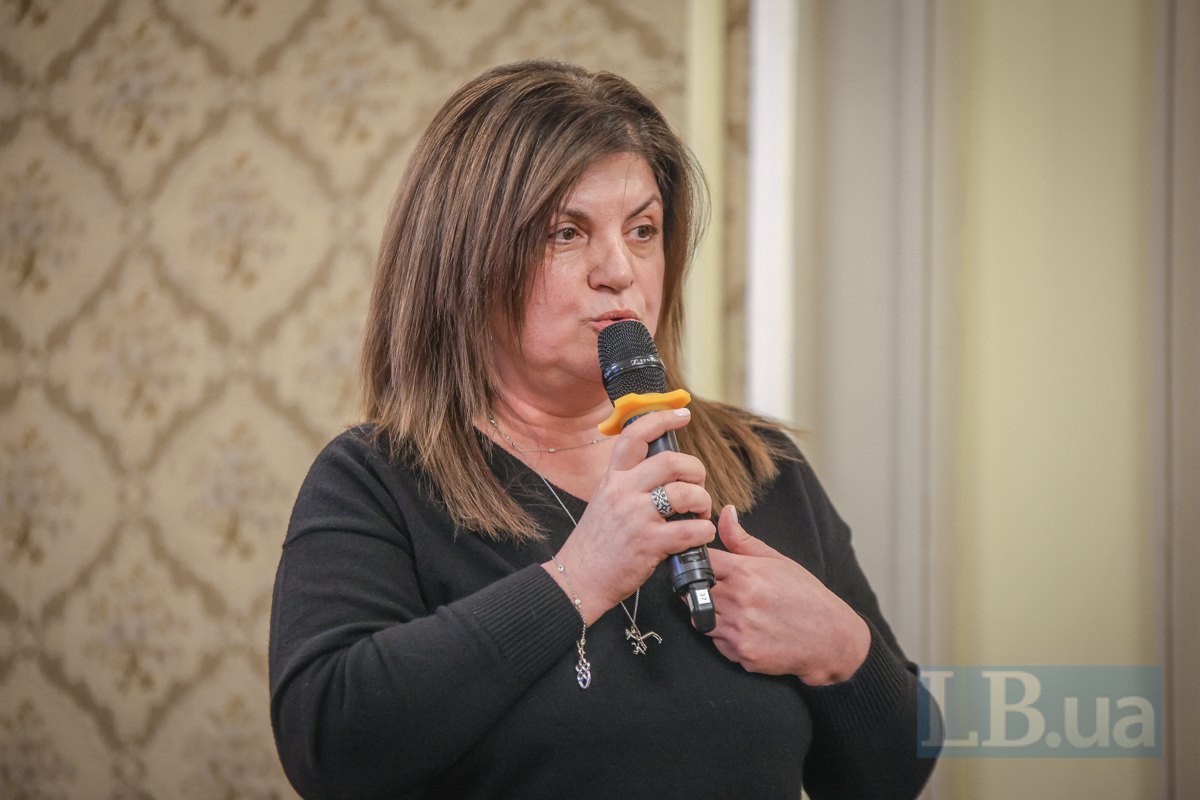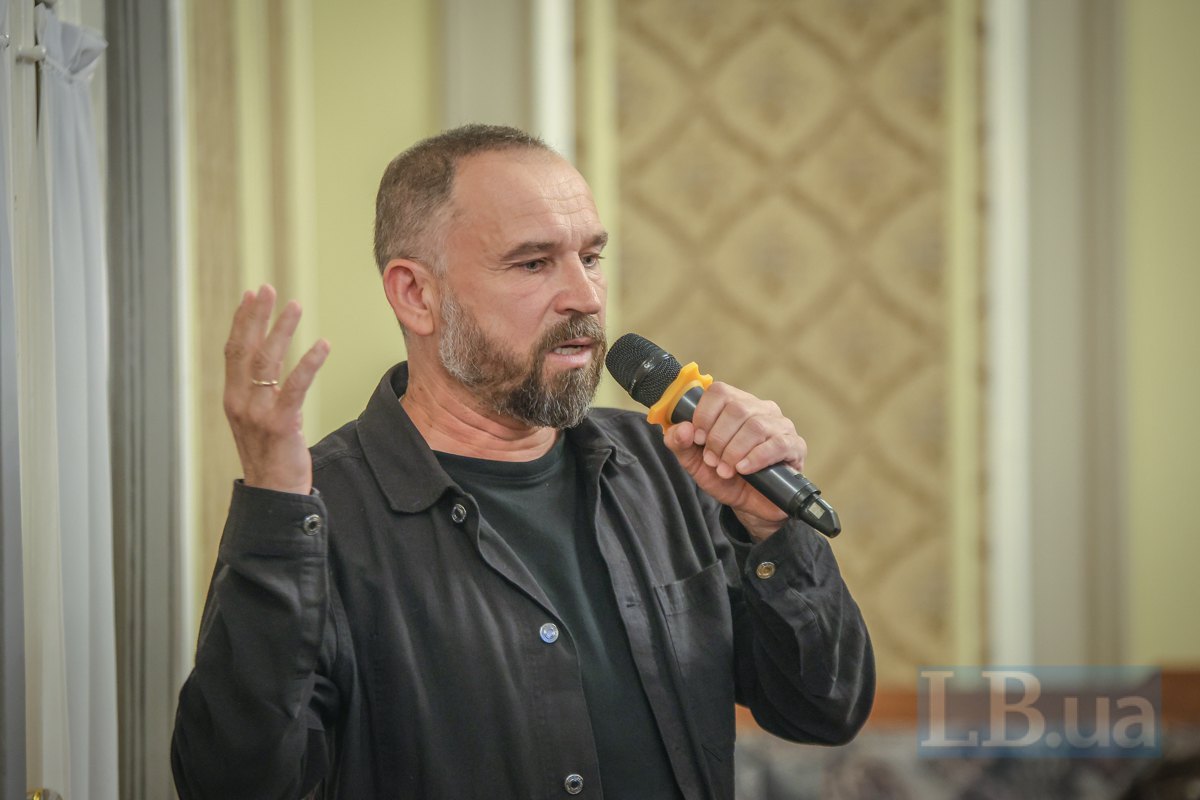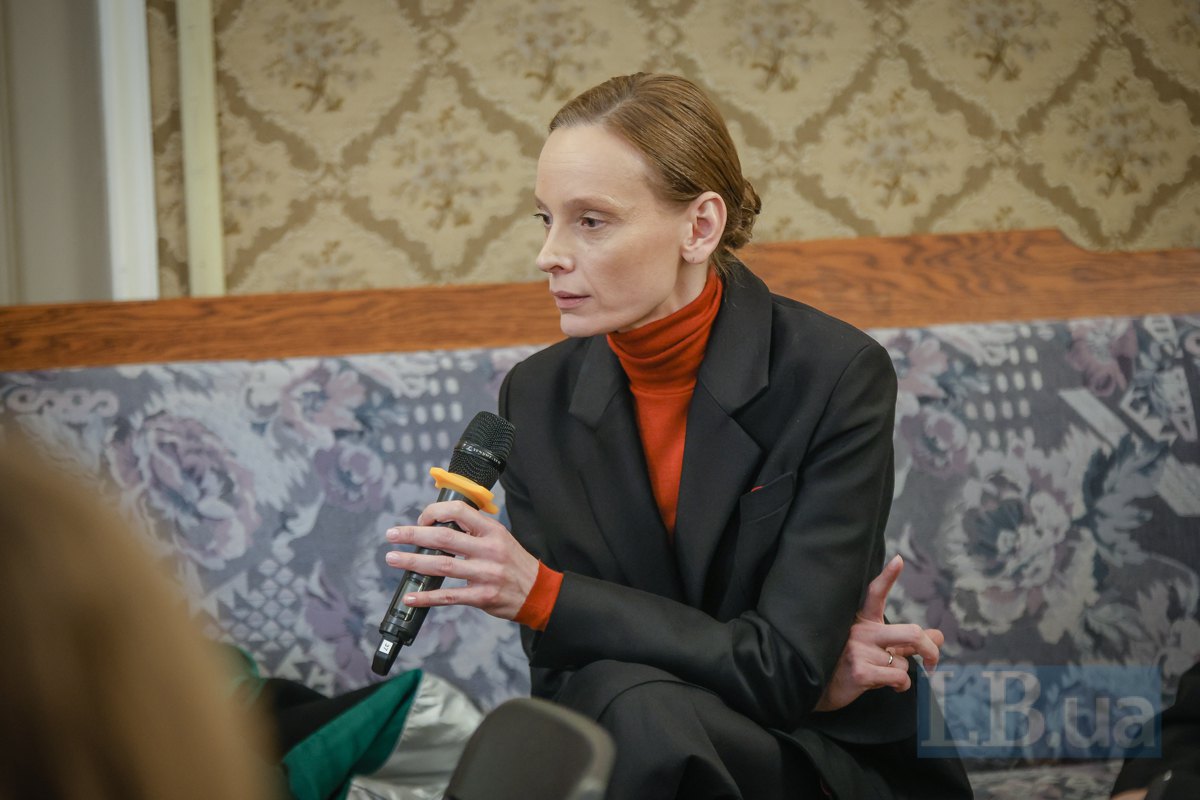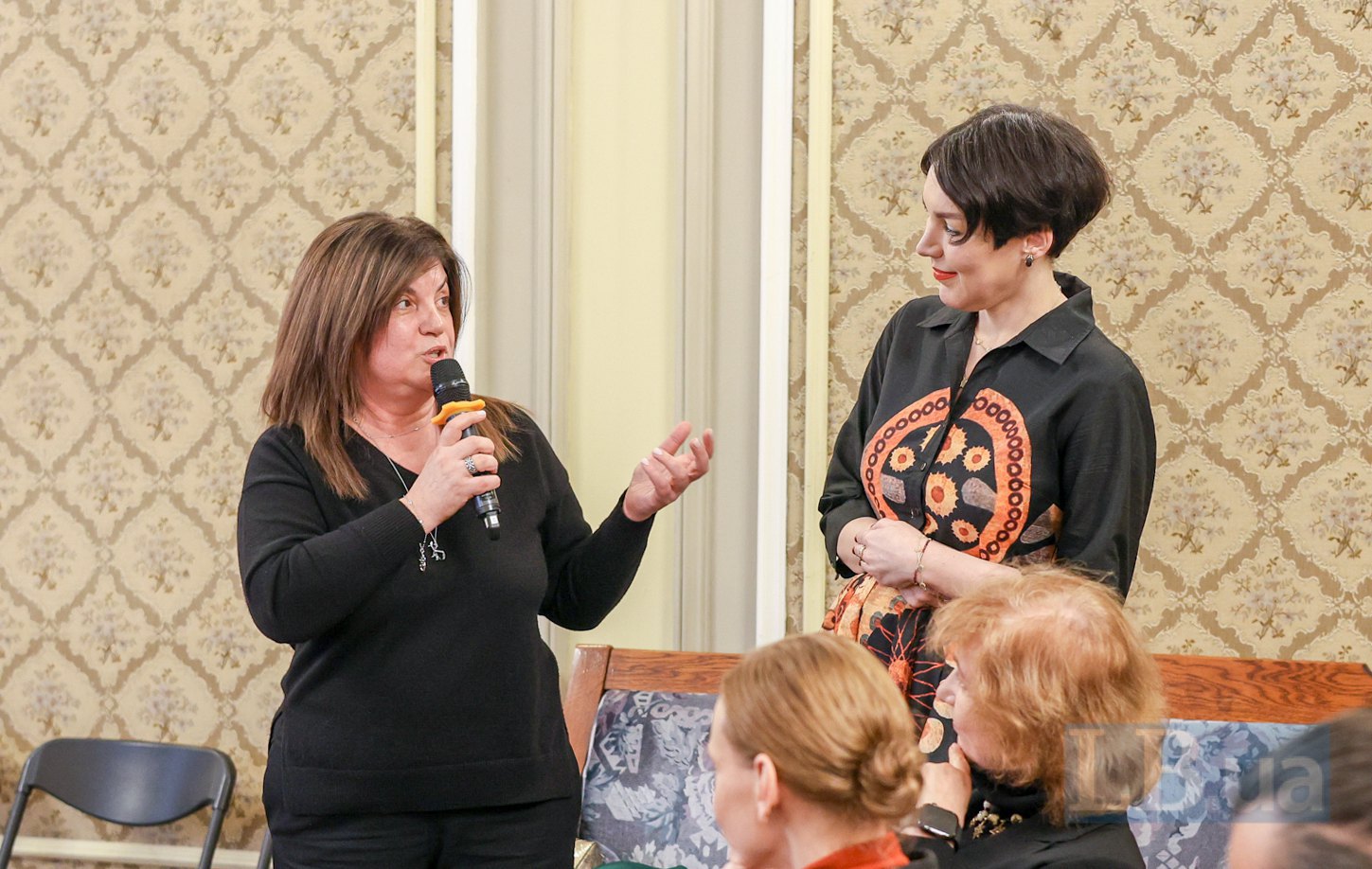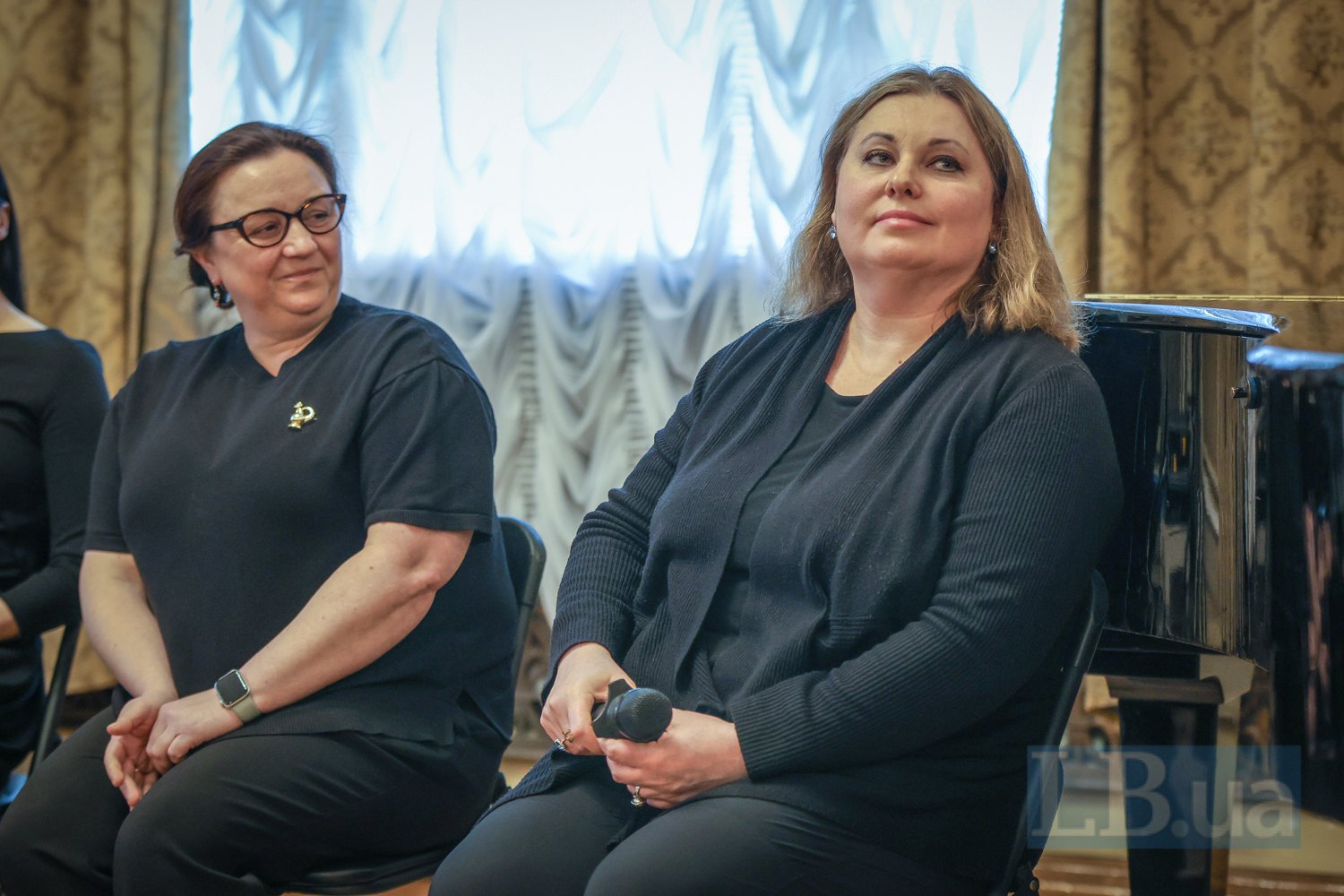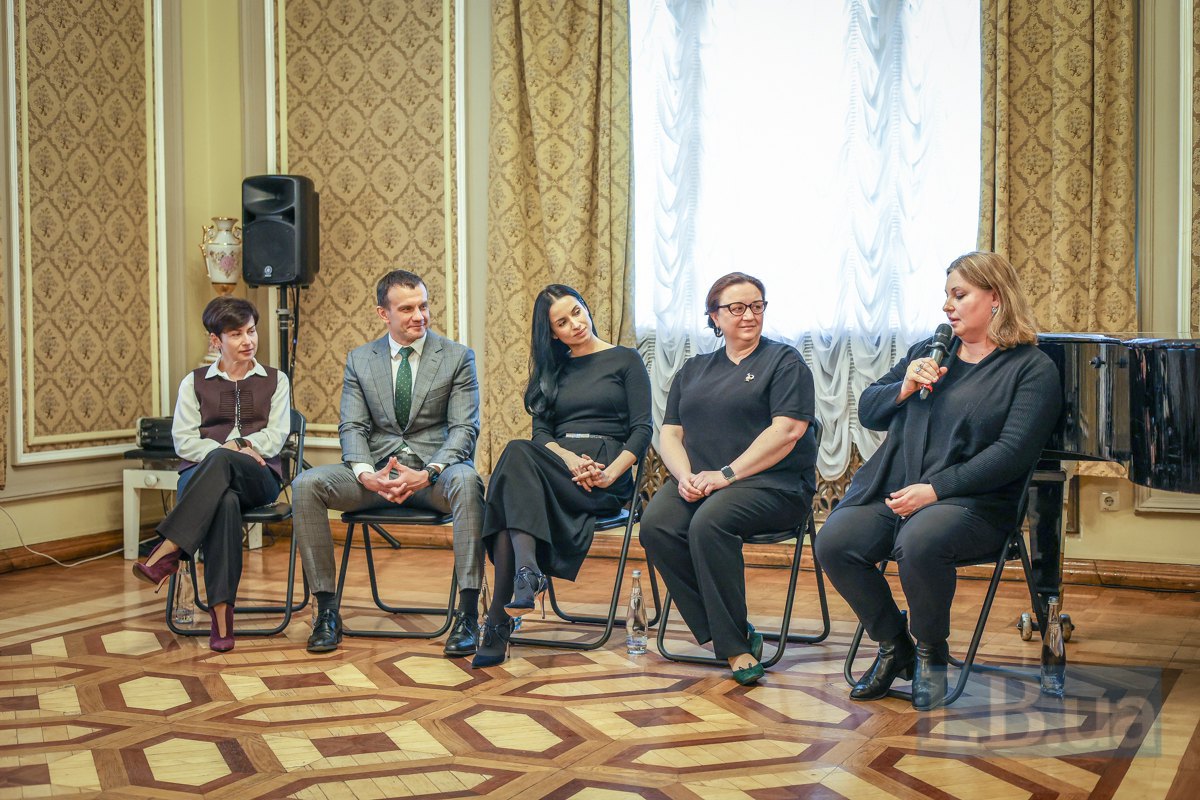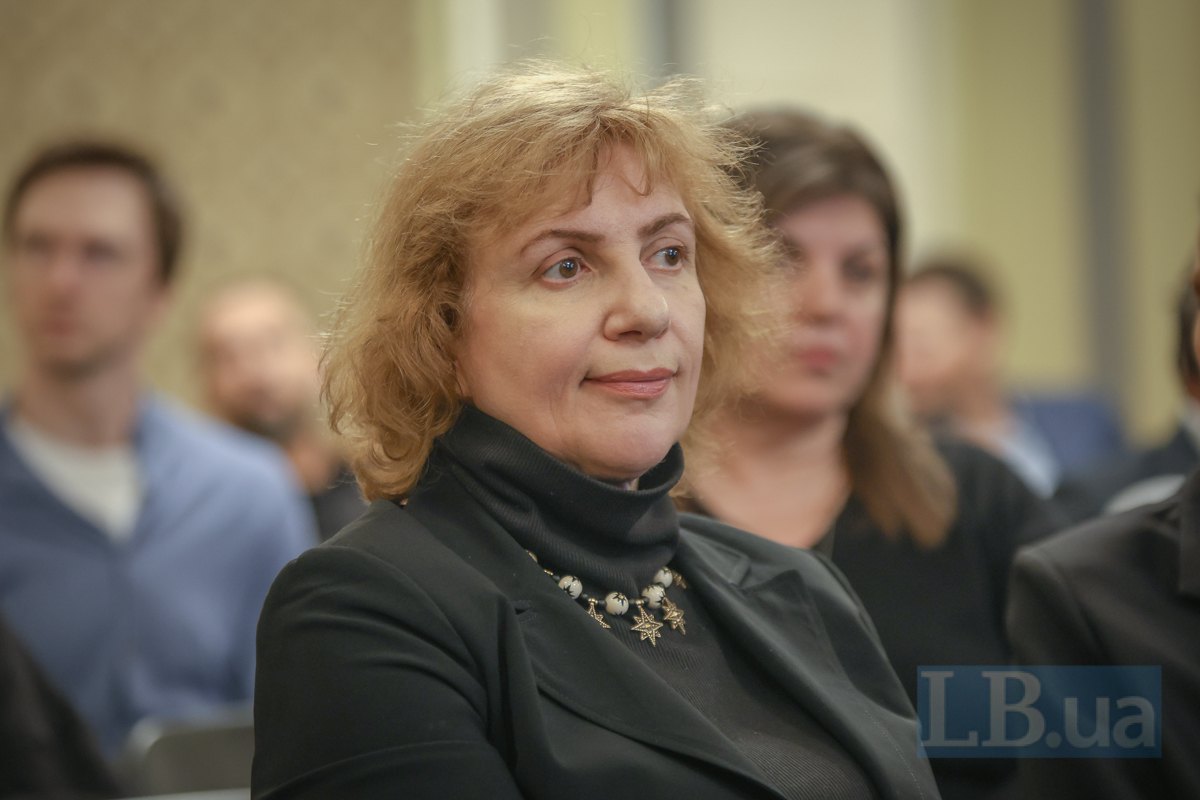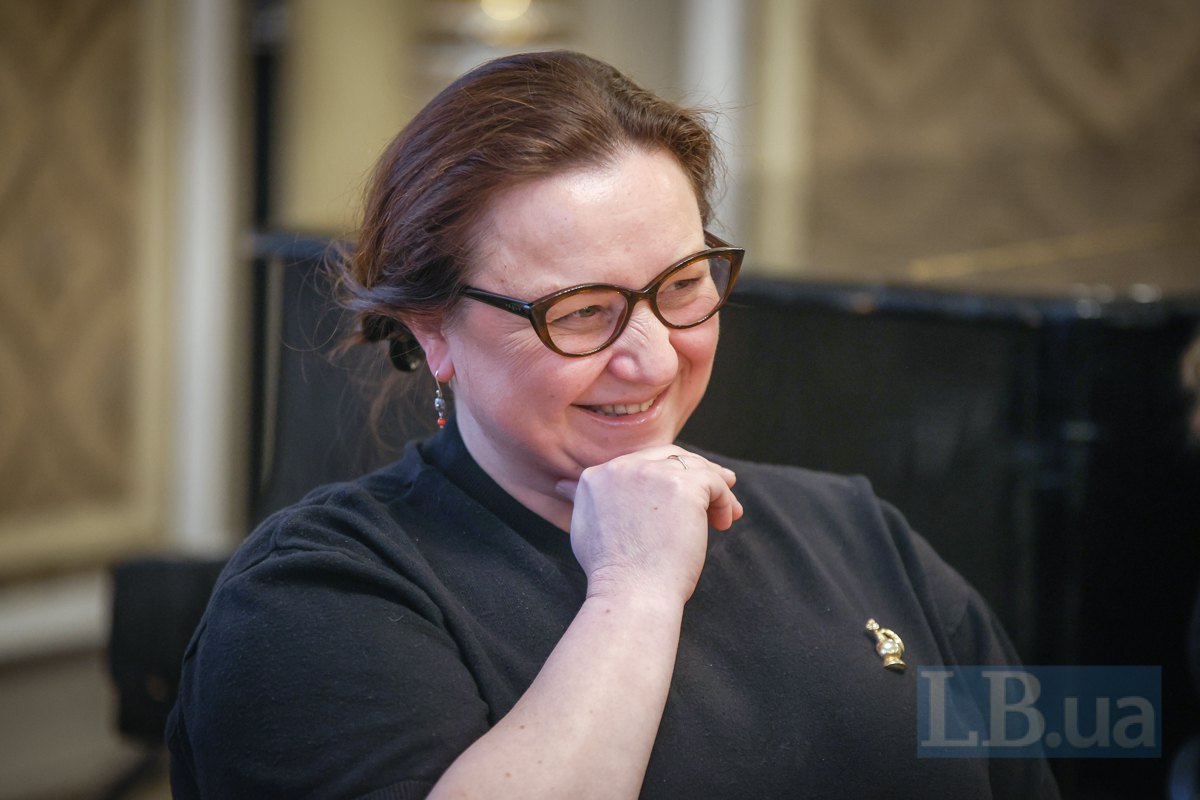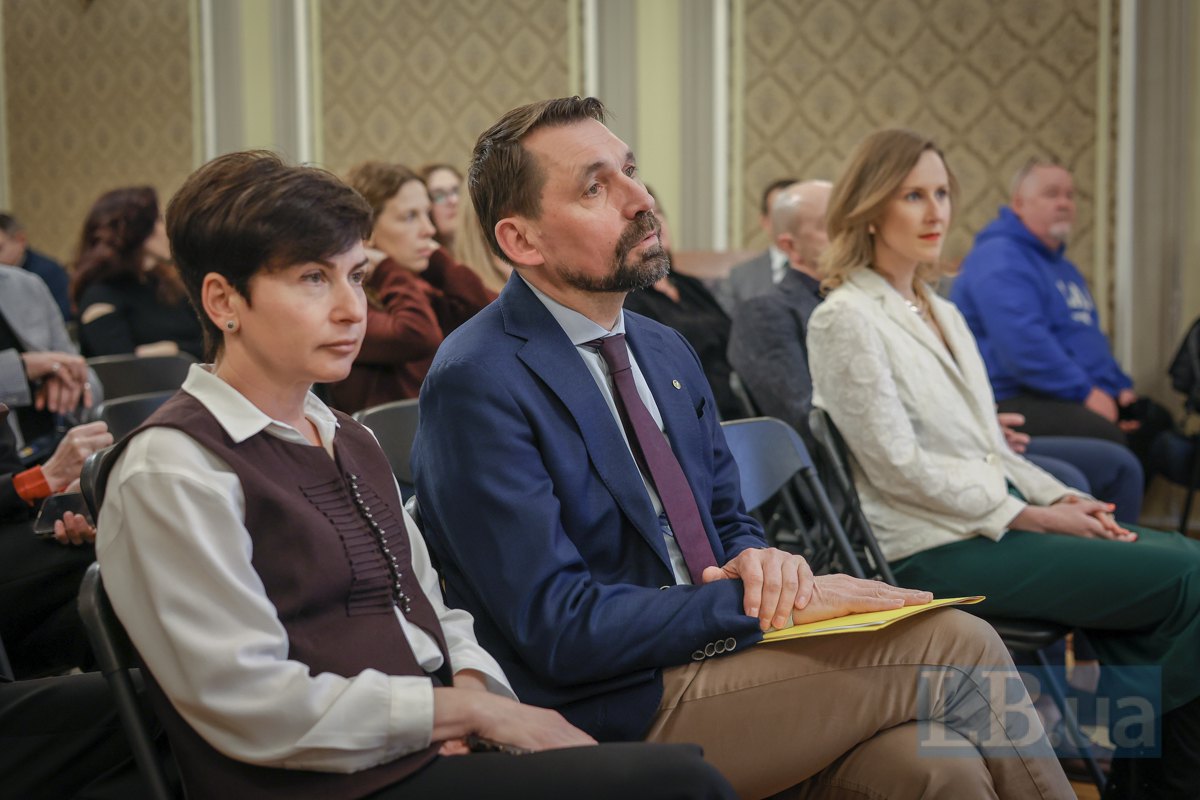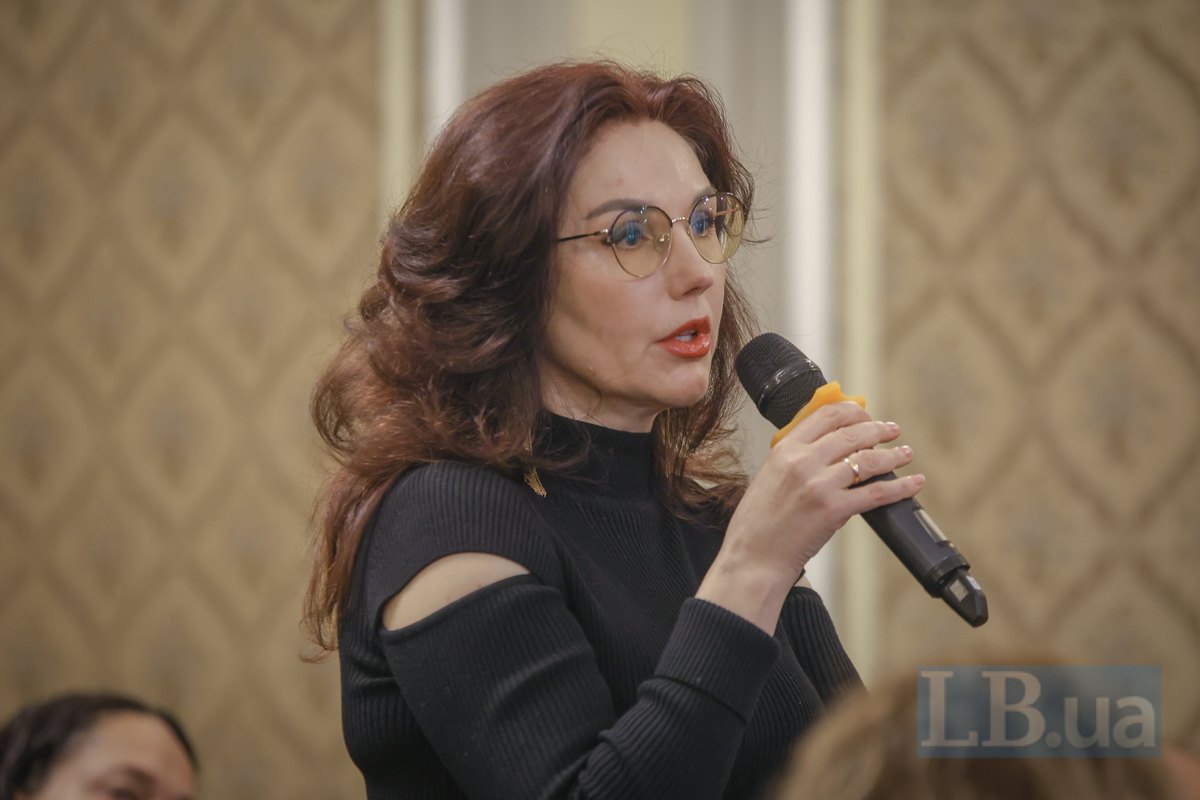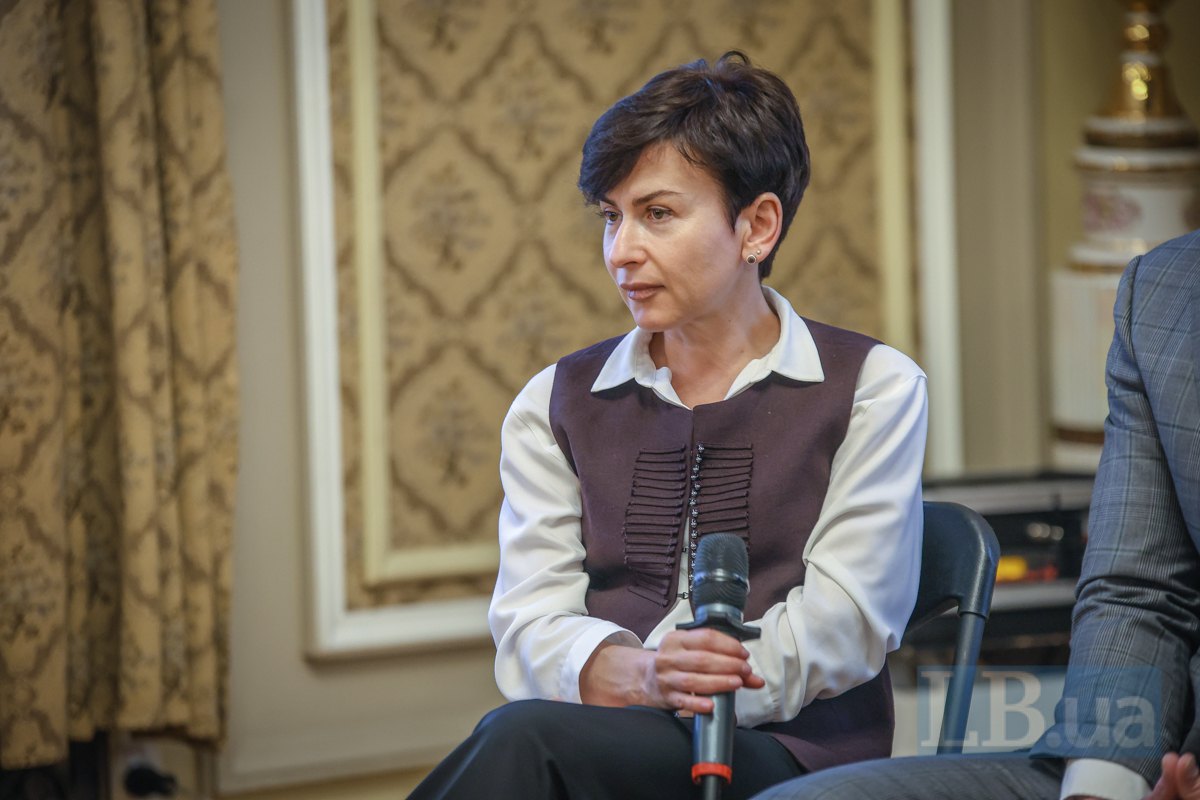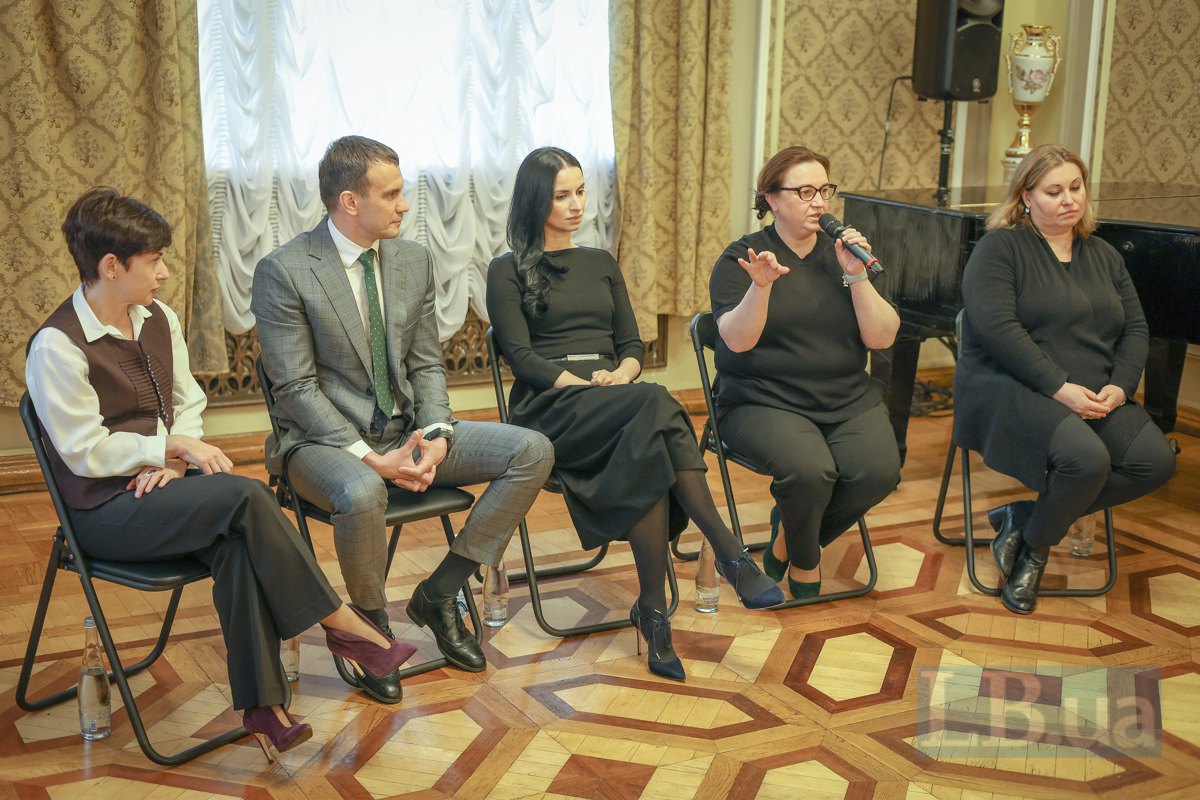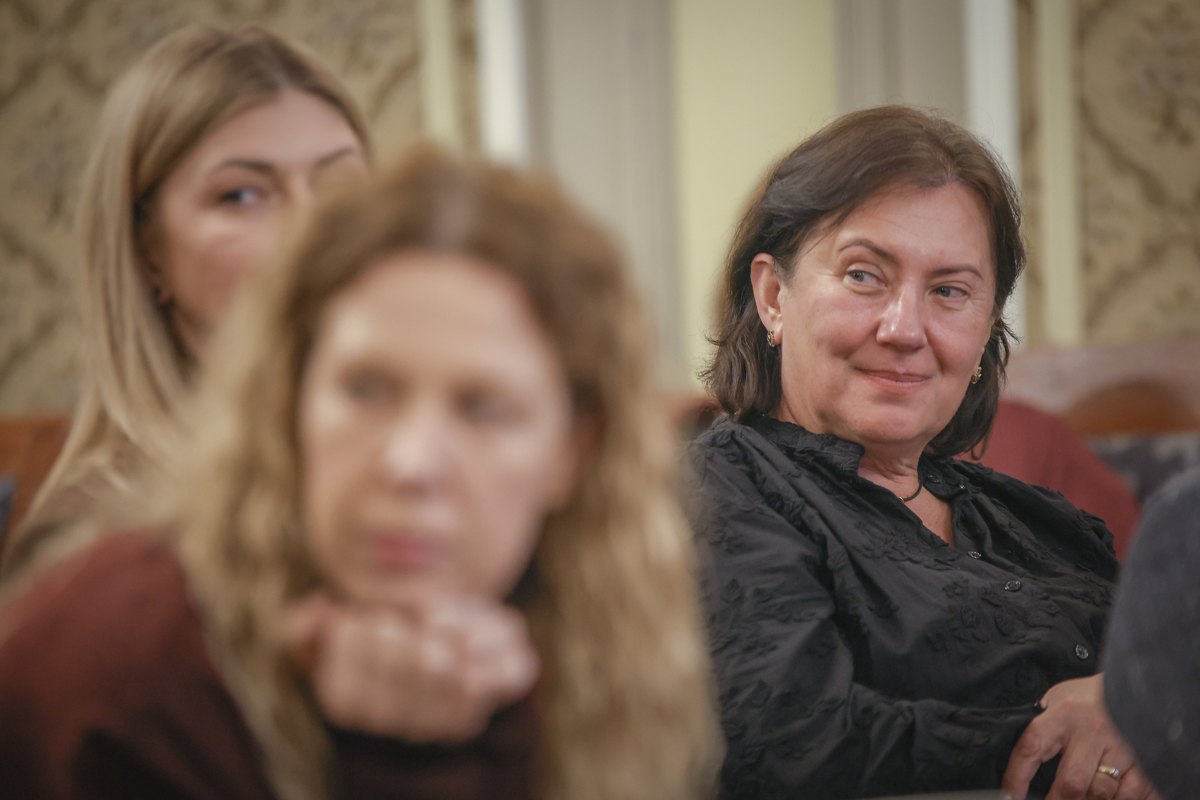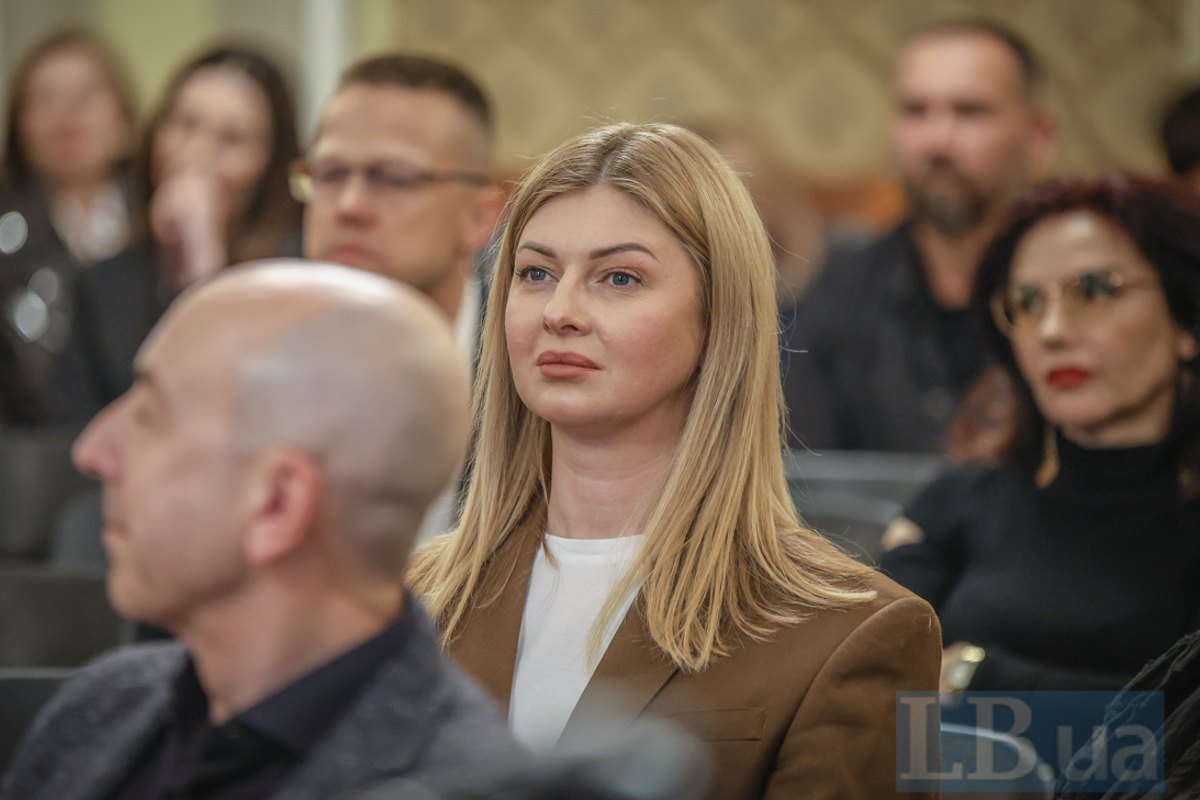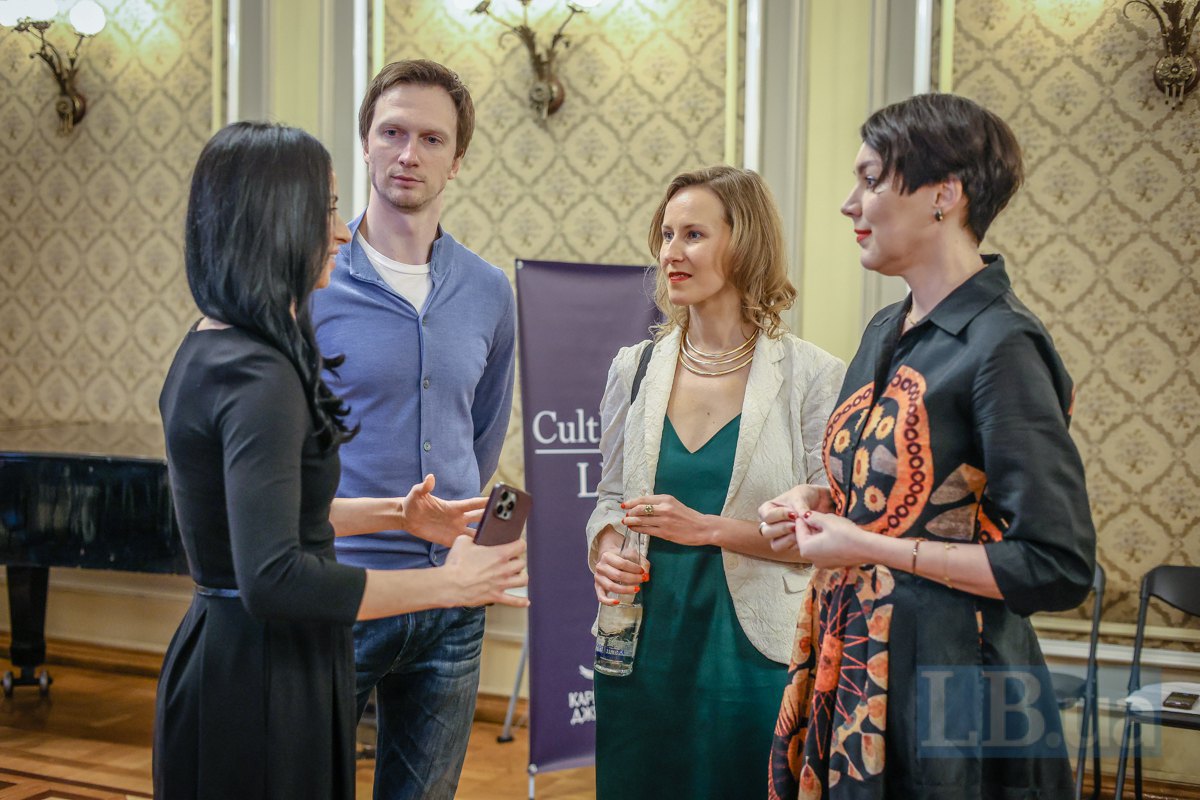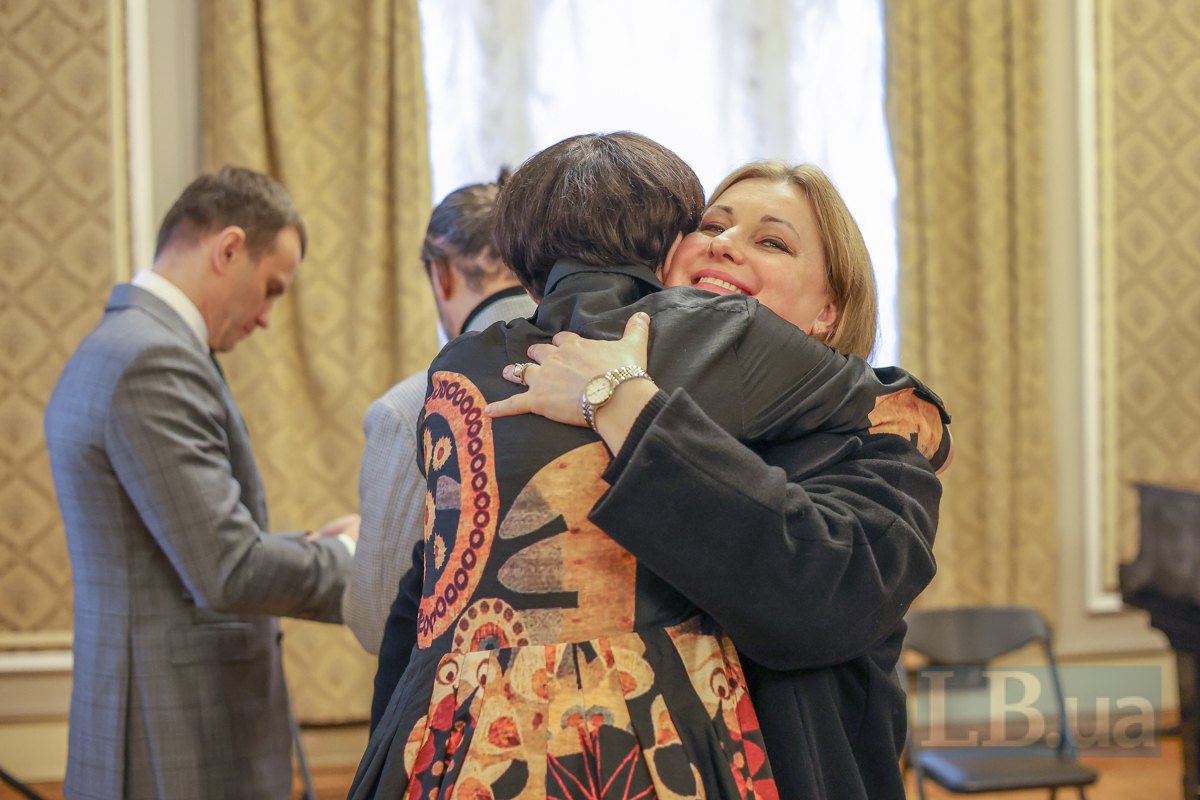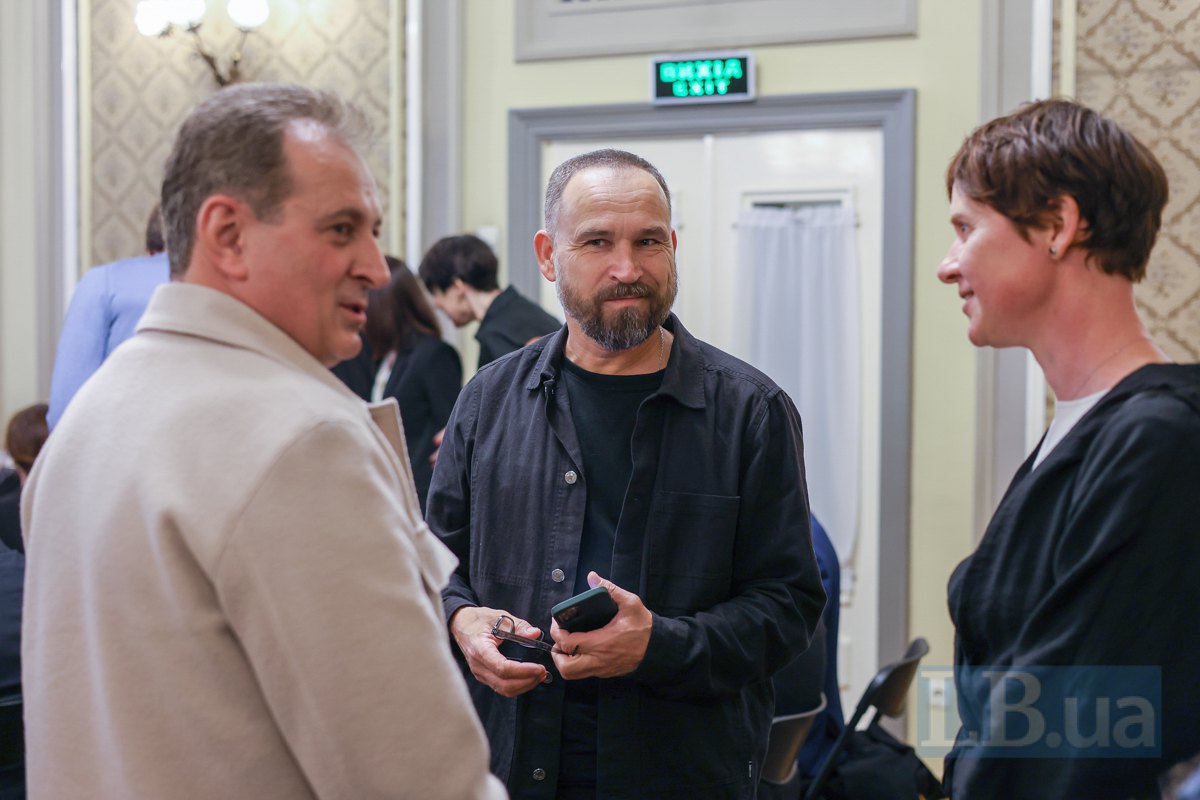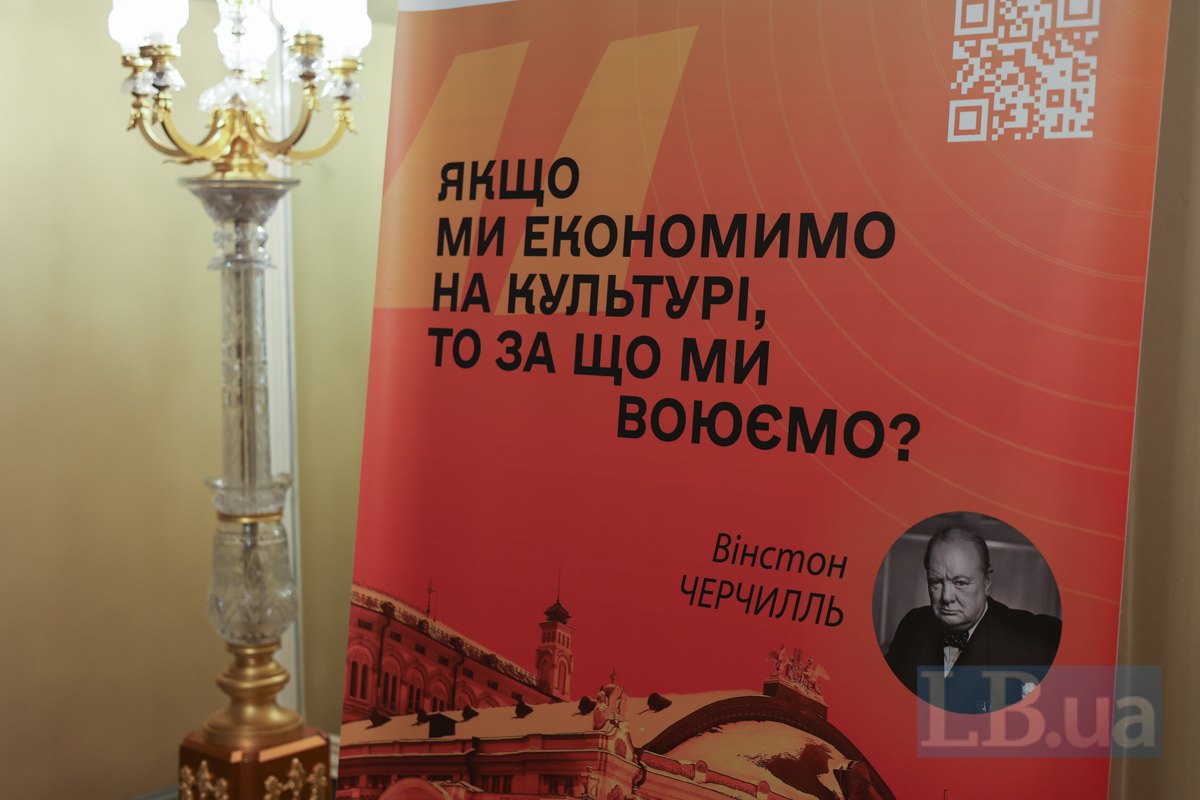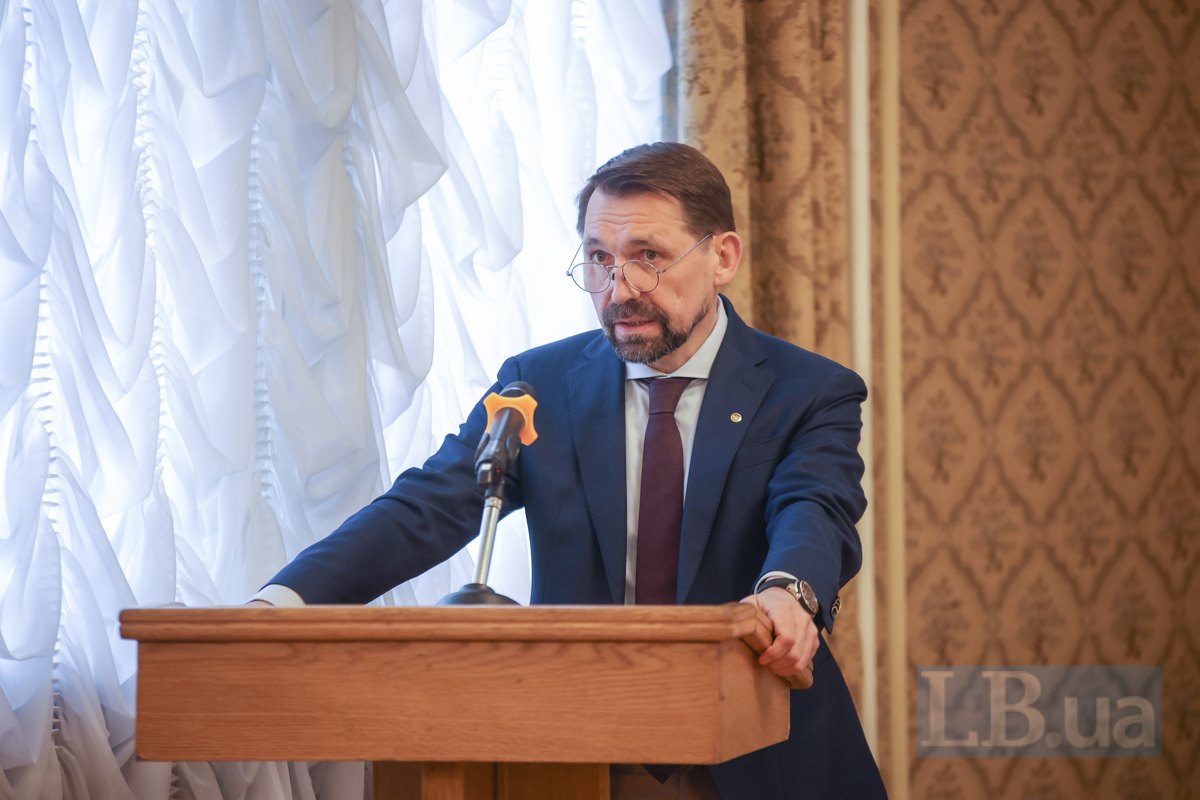
On 13 May, the official presentation of the new Lb.ua CultHub project dedicated to cultural diplomacy took place. The event took place in the small hall of the Taras Shevchenko National Academic Opera and Ballet Theatre. Among the guests and speakers were the project partner, artists, cultural managers, representatives of various branches of government, and the diplomatic sphere.
The presentation included a panel discussion on Cultural Diplomacy as a Tool for Security and Influence. The panelists were Olena Kovalska, Deputy Head of the Presidential Office, Serhiy Ustenko, project partner and owner of the Carpathian Mineral Waters company, Nataliya Matsak, prima ballerina of the Taras Shevchenko National Academic Opera and Ballet Theatre, Honoured Artist of Ukraine, Yuliya Vahanova, Director General of the Khanenko Museum, and Lyudmyla Monastyrska, leading Ukrainian and international opera singer, People's Artist of Ukraine.
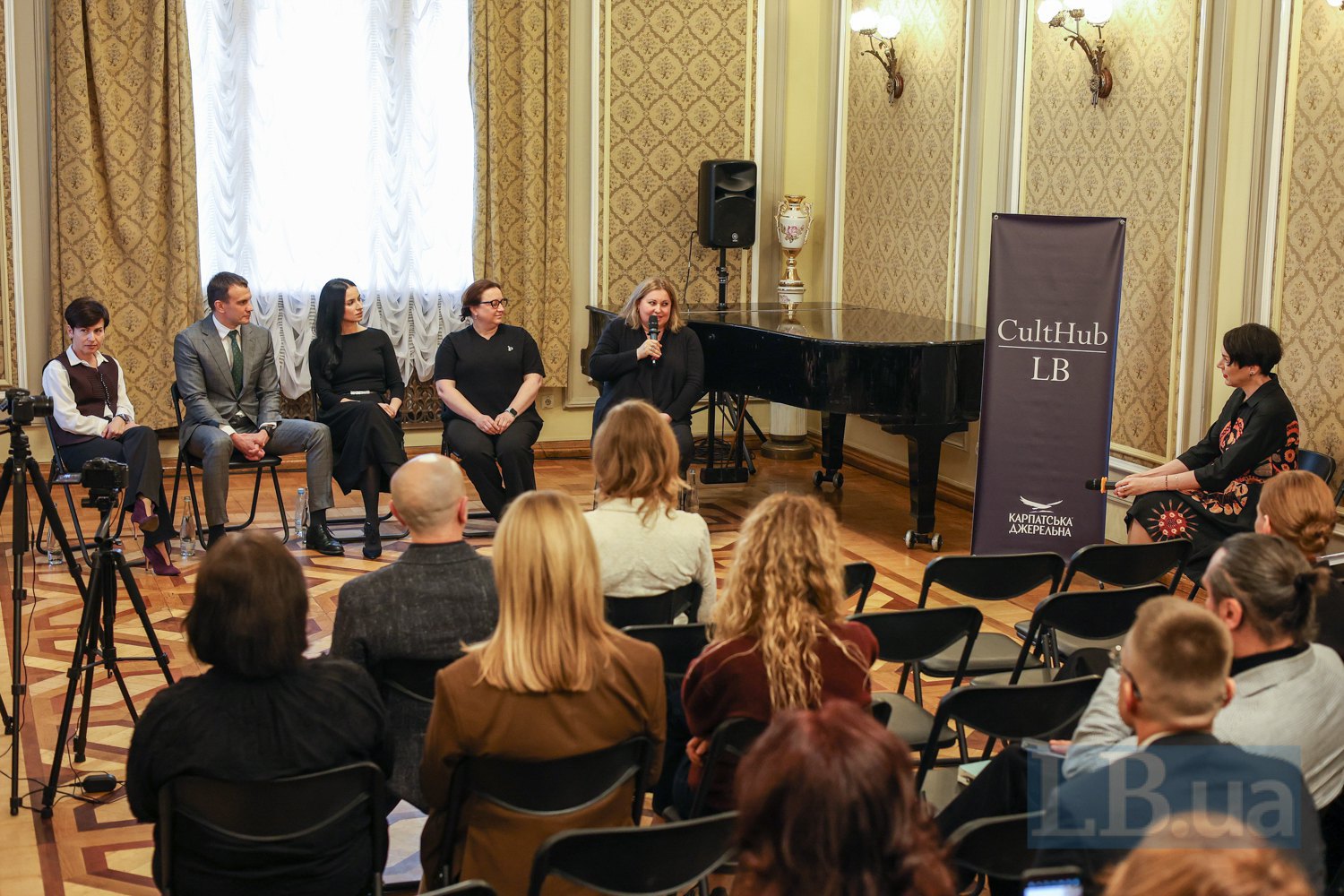
Presenting the project, CultHub editor Kateryna Hladka spoke about its goals and the need to consolidate efforts on systemic state, media and institutional support for the cultural sphere in representing Ukraine abroad.
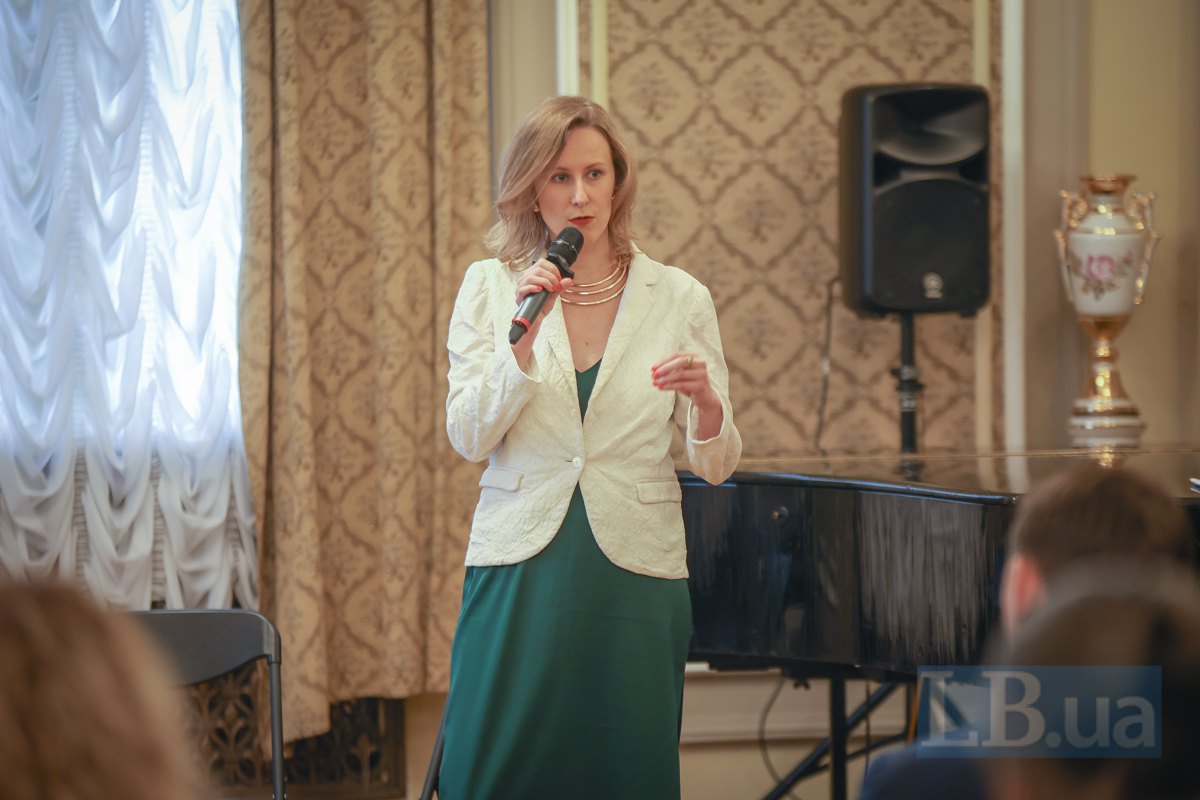
The discussion began with a speech by Mykola Tochytskyy, Minister of Culture and Strategic Communications. In his speech, he emphasised the importance of cultural diplomacy in times of war, when this sphere becomes not only a representation of Ukraine in the world, but also a security issue.

"The weight of each issue, each goal that could be achieved through public diplomacy has increased enormously, especially now, and we are aware of this. No other country has such a high level of risks as we do today. The highest of them is our subjectivity, which we have been proving for more than 11 years. In fact, today, every diplomat and every Ukrainian is not only aware of this, but also proud of the fact that this subjectivity has emerged. Not because of it, but in spite of it. Therefore, one can prove this subjectivity with various arguments, primarily through knowledge of one's own history, language, literature, works of Ukrainian art, and cinema. Today, you don't need to be a member of an official delegation to be able to name five names of Ukrainian composers in a conversation with foreign colleagues or to prove that Ukraine is a state in Europe. Of course, we have this subjectivity in the creation of all the great cultural things in Europe. And this is already an axiom," Tochytskyy said.
Cultural diplomacy is one of the priorities of the Culture Strategy 2030, which was recently approved by the Cabinet of Ministers. Olena Kovalska, Deputy Head of the Presidential Office, mentioned that Ukraine faces a difficult task of catching up with everything that the Russian Federation has been producing and implementing for at least 300 years.
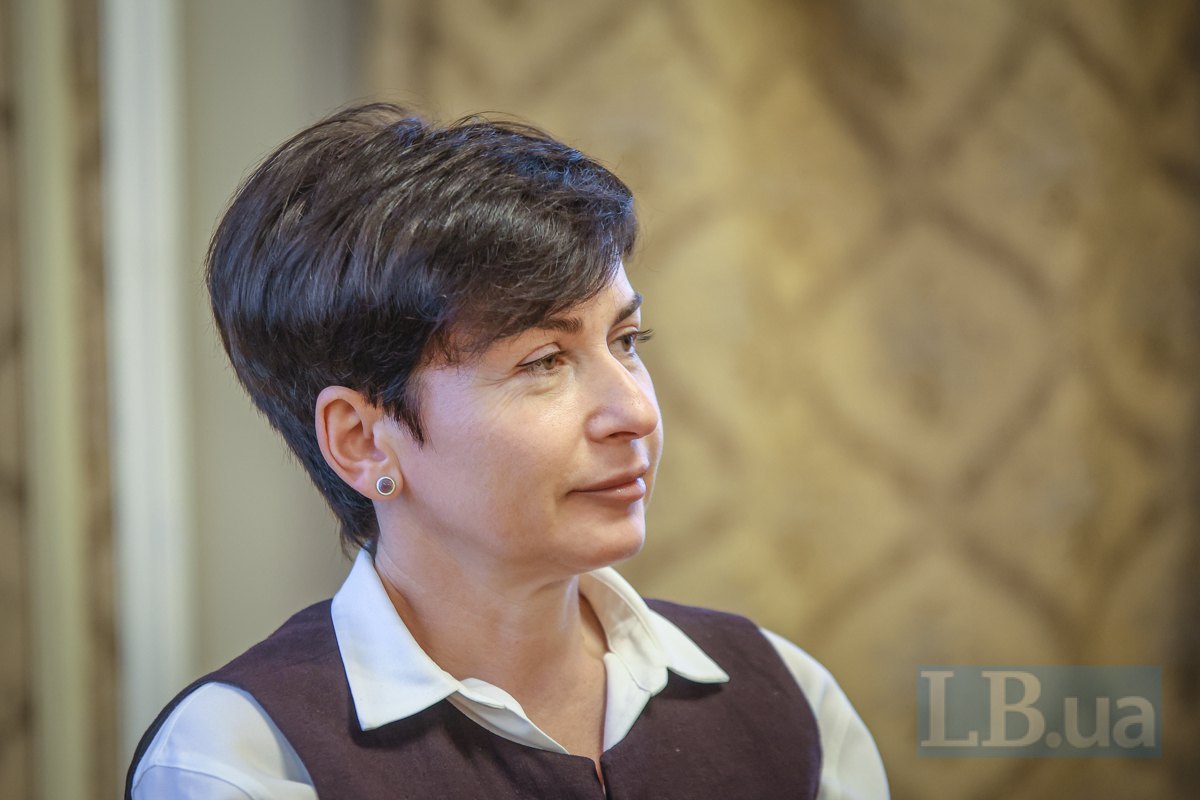
"Culture and cultural diplomacy are part of the Sustainability Plan presented by the President in November 2024, which means it is an element of the state strategy. Why is it important? Because Ukraine has gained its subjectivity over the past 10 years, and especially over the past 3 years, but unfortunately, this subjectivity is conditioned by the political and military actions that are happening to our country. Our subjectivity is linked to the role of the victim. And it is very important now to use this window of opportunity and this moment when the world is listening to Ukraine and build a subjectivity based on the role of a European class country with its own culture, literature and theatre. And there is no need to invent anything, because we have everything," said the Deputy Head of the Presidential Office.
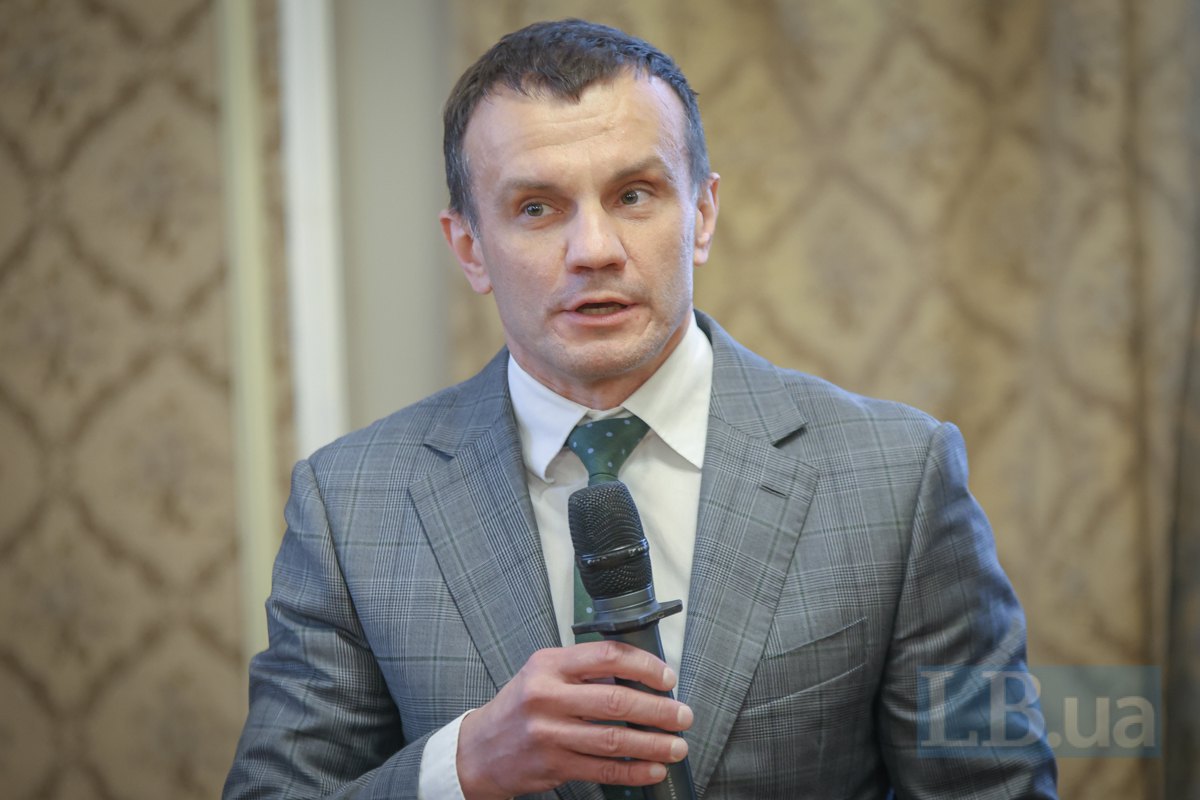
Serhiy Ustenko, the owner of the Carpathian Mineral Waters company, became a partner of the CultHub project, as he felt responsible for joining the process of systemic cultural support. When asked by LB.ua editor-in-chief Sonya Koshkina what prompted him to support the project, Ustenko mentioned the good Ukrainian tradition of patronage, which inspires him.
"From my point of view, this war is not primarily about territories or minerals or resources, but about the independence to choose one's way of life. That is why it is relevant and important to invest time and money in cultural projects that will allow us to systematise and focus on cultural areas that will be relevant here and will be our business card for partners. In addition, I am very inspired by the patrons of the past, such as Semyrenko, Tereshchenko, Chykalenko and others."
Read the detailed article about the discussion and the key points made by the speakers soon.
